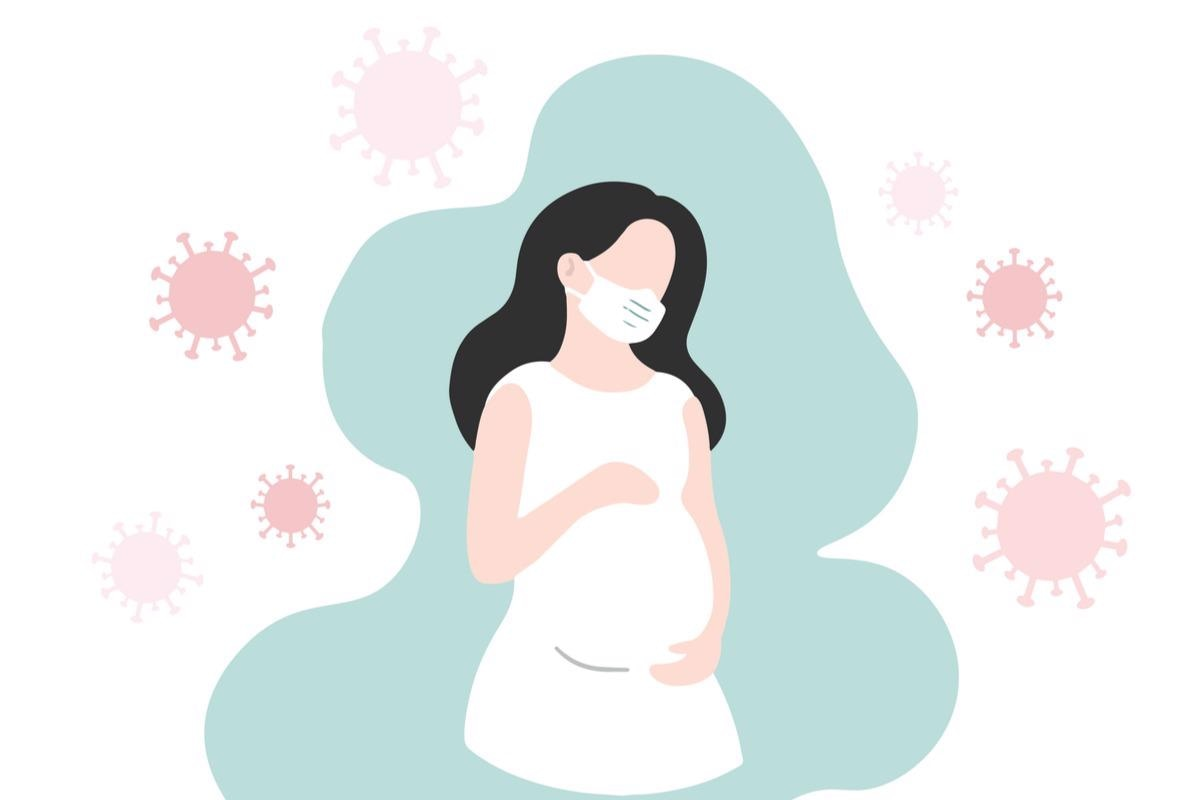Pregnancy-related infections can impact the fetus’s brain health in addition to the mother. Even minor issues have an impact on the child’s health at this period. Consequently, one ought to speak with a physician.
Effects of Pregnancy Infections:
The development of the unborn child in the womb is directly impacted by the mother’s health throughout pregnancy. According to a new study, the child’s brain health may suffer if the mother has any infections while she is pregnant.
The Slovak Academy of Sciences of Slovakia team examined the effects of the mother’s immune system activation on hippocampus pyramidal neurons in this study, which was published in the peer-reviewed journal “Brain Medicine.” The findings may have implications for neurodevelopmental and mental disorders such as depression, schizophrenia, and autism. Let’s hear the results of the study.
What the study concludes
The area of the brain that supports memory, emotions, and thought processes is called the hippocampus. The study team discovered that pregnancy-related inflammation dramatically lowers neuronal excitability, raising the possibility of neurodevelopmental problems linked to the mother’s infection.
One member of this research team, Dr. Eliyahu Dremenkov, stated that maternal infections are risk factors for conditions such as depression, schizophrenia, and autism. According to our findings, the primary mechanism connecting these inflammations to these disorders may be alterations in the way hippocampus neurons operate prior to birth.
The impact on the child’s brain
Pregnancy-related infections trigger the immune system to generate cytokines, which are chemical messengers. These cytokines have the ability to pass across the placenta and impact the fetus’s brain development.
The researchers injected pregnant mice with a bacterial substance called lipopolysaccharide, which activates the immune system, in order to cause maternal immunological activation in a well-known animal model. Hippocampal neurons in the mice’s progeny were then analyzed to determine how immune activation during pregnancy impacted their excitability.
What the research team says
According to the study’s author, Dr. Lucia Moravcikova, children exposed to maternal immune activation (MIA) had neurons that required a lot of stimulus to become active, responded slowly, and were becoming activated less frequently. This indicates issues with glutamatergic neurotransmission, which is important for memory, learning, and emotional regulation. In addition, significant alterations in hippocampal neuron function were seen in neonates exposed to MIA.
Disclaimer: A portion of the news content is derived from media reporting. Please speak with the relevant expert before putting any suggestions into action.
Read More: – Asteroid Defense: Effective Ways to Protect Earth from Space Threats
|
|
 Facebook Page Facebook Page |
Click Here |
 Twitter Twitter |
Click Here |
 Instagram Instagram |
Click Here |






